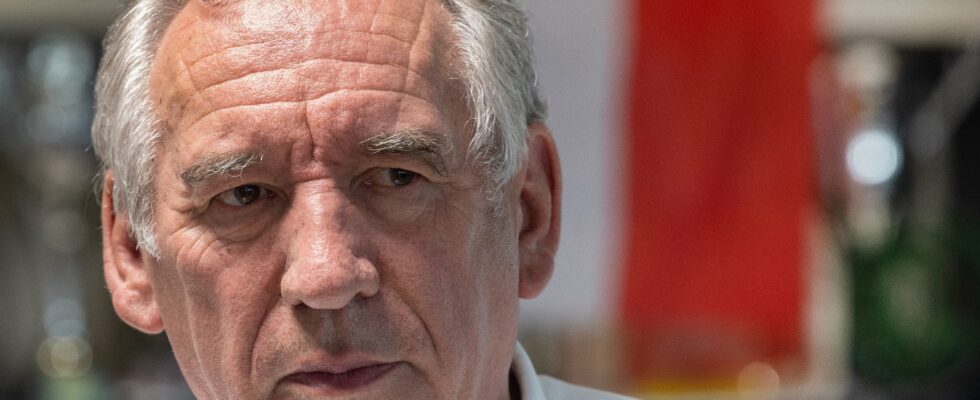End of suspense for 68 million French people: the Elysée announced, Friday December 13, the identity of the new Prime Minister. François Bayrou, 73 years old, is appointed to Matignon, after the censorship by the National Assembly of Michel Barnier’s government, around the vote on the 2025 budget, at the beginning of December. The mayor of Pau and president of the MoDem must soon negotiate with the parties (apart from the National Rally and Insoumis) participation in the government, their support for certain texts, including the budget, or, at a minimum, a “non-censorship” agreement. before putting together your team. What are the hot issues awaiting him?
Building a 2025 budget
The new Prime Minister will have the priority task of resuming the difficult drafting of a budget for 2025, left in abeyance after the censorship. The special law, presented to the Council of Ministers, is in fact made up of only three articles to mainly authorize the government to raise taxes and spend credits on the basis of the 2024 budget.
With a deficit which risks exceeding 6% of GDP in 2024, “financial debt is a reality which will impose itself on any government, whatever it may be”, warned Michel Barnier during the last Council of Ministers. According to Laurent Saint-Martin, resigning Minister of the Budget, the future government will be able to either take up the budgetary texts which were debated before the censorship, or “rewrite everything from scratch”. As a result of the inability to approve the 2025 budget, several aid measures aimed at supporting sectors in difficulty (agriculture, textiles, government ministries, etc.) are suspended.
The agricultural crisis still open
While the 2025 budget projects and that of financing Social Security contained measures demanded by agricultural unions, farmers did not hide their anger and demonstrated in front of the offices of deputies who had voted for censure, in several cities of France. “By bringing down the government, they brought down these almost acquired measures, negotiated over the last ten months,” explained Emmanuel Lissajoux, president of the departmental branch of the FNSEA.
Among these arrangements: tax and labor cost reductions for seasonal workers, the cancellation of the increase in taxation on agricultural diesel, loans guaranteed by the State for farmers in difficulty and an increase in small agricultural pensions. So many questions that the next tenant of Matignon will have to answer.
Overseas waiters
The draft budget for 2025 also contained measures in favor of overseas territories, such as a loan of one billion euros to New Caledonia, or a reduction in VAT on “more than 6,000 products” for Martinique and the Guadeloupe, recalled the resigning Minister of Economy and Finance, Antoine Armand. François Bayrou’s team will therefore have to look into the demands of the inhabitants of these territories where protests have broken out in recent months.
The hot issue of pensions
Basic retirement pensions will ultimately see an increase of 2.2% on January 1. This is more than what was planned in the latest version of the draft Social Security budget for 2025; Michel Barnier’s government planned a smaller increase at the start of the year, estimated at 0.8%. Under the Social Security Code, basic pensions (excluding supplementary pensions) are in fact revalued each year, indexed to the inflation recorded by INSEE for the previous year. But to save three billion euros, the government and the senatorial right agreed to modify these rules.
Faced with the anger aroused by the increase in the retirement age from 62 to 64, Michel Barnier said, upon his accession to Matignon, that he wanted to improve the 2023 reform. He notably proposed improving the system long careers, to better take into account the criteria of arduousness, and to offer free quarters for the birth and education of a child, in order to give a boost to mothers, generally benefiting from pensions less advantageous. Certain leaders of the New Popular Front as well as trade union organizations are still calling for the repeal of Elisabeth Borne’s reform.
The unfinished end-of-life debate
Finally, another social subject on which the government has not had time to rule: the end of life. During his general policy speech, the former Prime Minister said he wanted to resume dialogue with parliamentarians, associations and caregivers on the bill, the examination of which had itself been interrupted by the dissolution. He promised consultations before the end of the year. One more file which will therefore have to be examined by the new tenant of Matignon.
